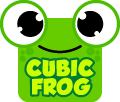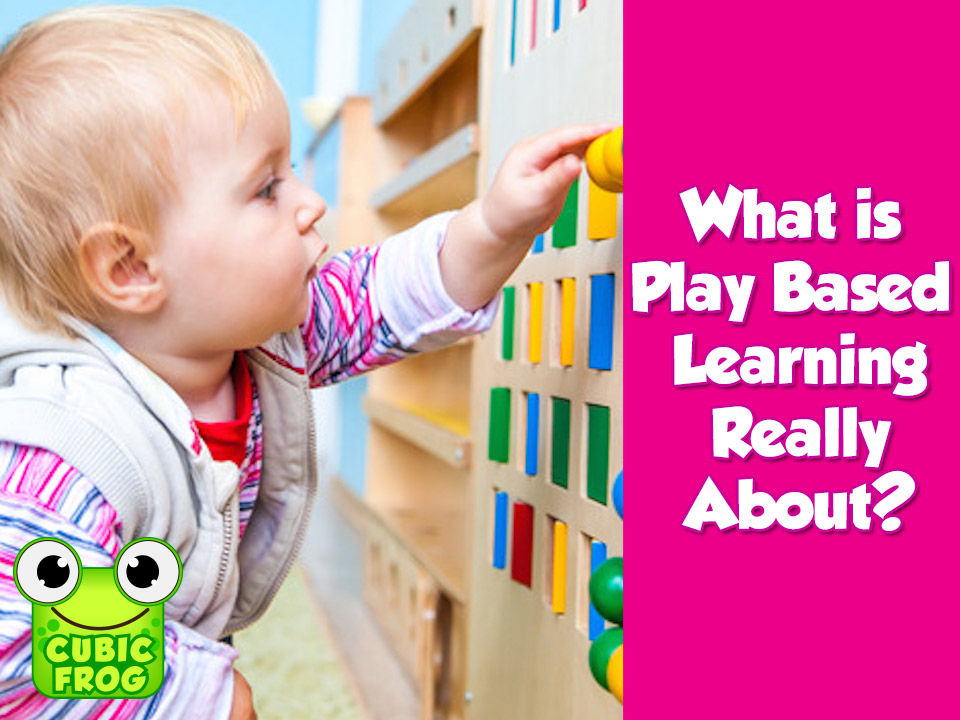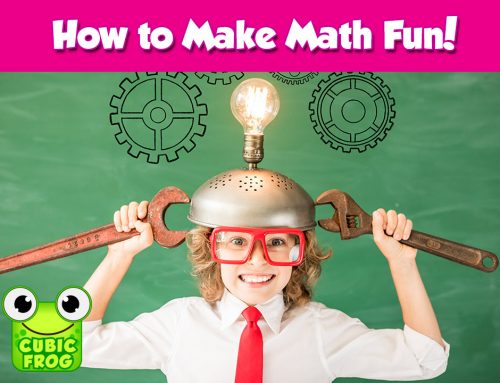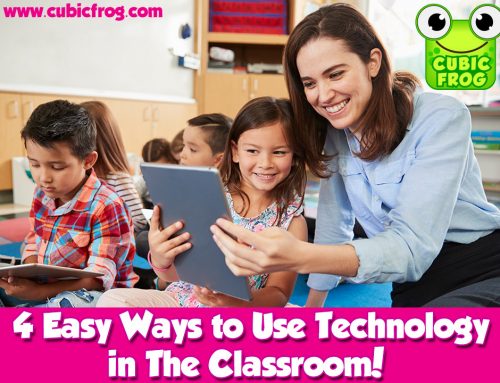What is play?
Before we talk about play based learning, it’s helpful to define what we mean by the word ‘play’. Play is an activity a person does that brings enjoyment to them. Sometimes playing can include moments of frustration, disappointment, or challenge, but the majority of the time spent in play is time spent happily.
Play is voluntary, but inviting or prompting someone to play is always welcome. There’s all types of play; pretend, role-playing, active (which involves movement), goal-oriented (when there’s a specific goal to be achieved or won), process-oriented (when there’s no specific goal or end but a greater focus on the process), non-physical play (this involves emotional, mental stimulation like playing an instrument), solo and partnered play.
Play and space
One of the most important parts of ensuring children can play is creating a space that makes play possible and safe. This means not only been in a place that has props like paint brushes, musical instruments, sports equipment, etc but also that this space is safe. When children know how to use their play props, they will feel more comfortable doing so. And, when a child feels safe, for example when they are outdoors doing a physical activity and you are there with your hands below them to support incase they fall, they can play freely.
For these reasons, being aware of space and making sure the space is appropriate, safe, includes all the necessary tools and kids know how to use these tools, is absolutely essential. Many times, children who are having a hard time learning or are having behavioral problems will shift dramatically when the setting is changed to a space they feel more safe playing inside (or outside).
What is play based learning?
Play based learning is learning that is active beyond sitting at a desk, doing worksheets, repeating phrases, or solving equations on a blackboard. Play based learning involves any style of play in which lessons are taught secondary to the play activity. For example, using blocks to build teaches shapes, patterns, and spacial recognition (amongst other things!) through interacting with the blocks. These lessons are learned without explicitly teaching a formal lesson of this block is this shape so fits with this block, etc.
Why is play based learning important?
When playing, people, children especially, have been monitored to have a heightened sense of emotion. In many cases, this means they’re able to feel and learn in a way sitting at a desk and writing could never provoke. Playing gives children a chance to experience something exciting and memory worthy, so they learn lessons on a deeper, more lasting level. Play is also unique in that is facilities learning and development in physical, social/emotional, creative, science, math, language, and literacy
How do we incorporate play based learning into education?
Creating designated play times throughout the day is essential–and we don’t just mean during recess. Looking at a teaching schedule and making sure play based learning takes up a significant percentage of the lesson plans can make all the difference to students. Children must be allowed to explore their world through play, because it is the primary means by which they come to grow cognitively. And during these times, it’s important to let children explore on their own without the constant guidance of adults–it’s how they learn!
One of the best ways to successfully use play in education is to take on the role of the active observer. By observing which play any child prefers it’s possible to know so much about their educational needs and how best to assist them in their individual learning process. Many times, if a child struggles in other areas, it’s possible to use their preferred type of play to ease them into understanding a difficult subject.
Some of our favorite play based learning activities:
Blocks, building with blocks
Painting, coloring, drawing
Clay/playdough molding, shaping
Musical instruments
Sports, yoga
Singing
Board, video, and mobile games
Meditation
Sensory tubs and sensory bottles
Classic games such as hide and go seek, tag, capture the flag, etc
Origami
Nature walks
Scavenger Hunts
Cooking, tasting






